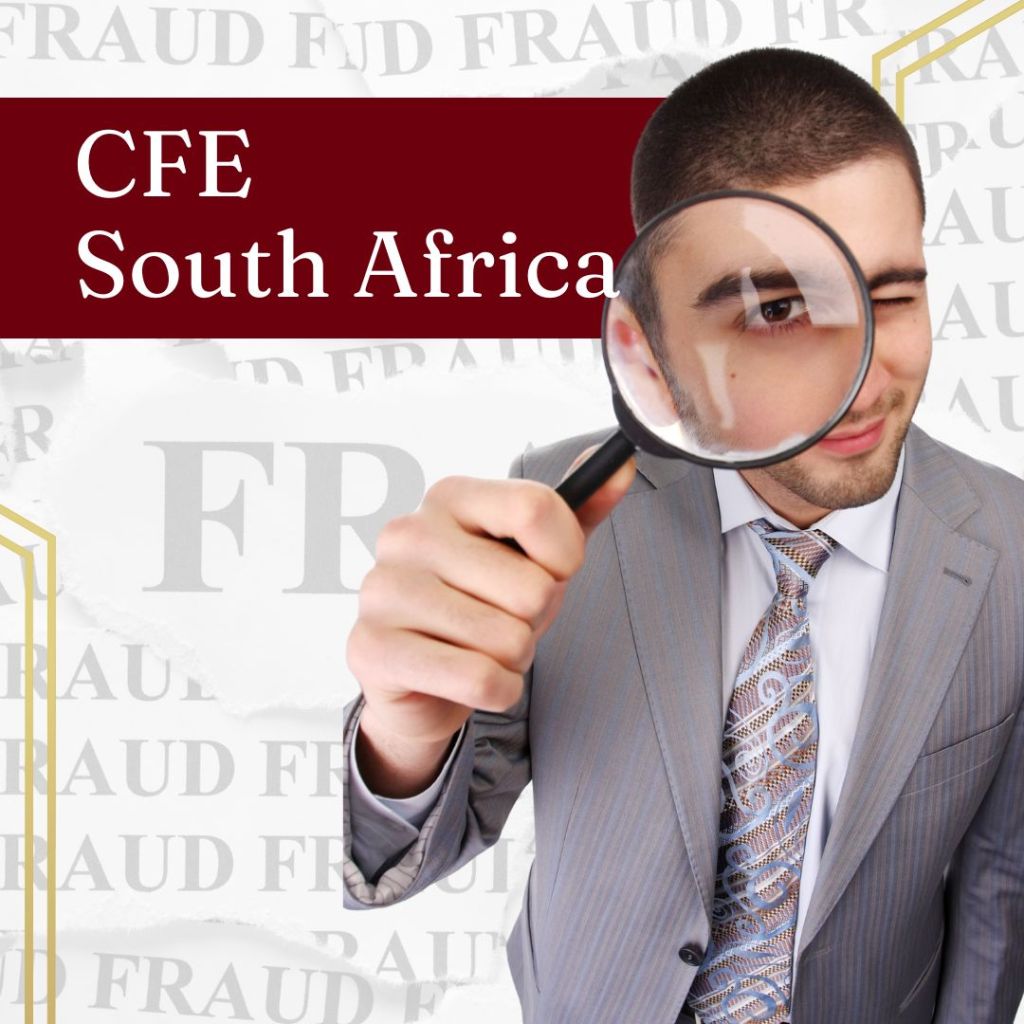
Obtaining professional certifications is a road to job progression and recognition in finance and accounting. The South Africa Certified Fraud Examiner (CFE) certificate stands out as a premium qualification among these. This blog article will go over what the CFE professional qualification involves, its significance in the financial sector, and how it may help you further your career.
1. Introduction to CFE Qualification
The Certified Fraud Examiner (CFE) is a professional certification offered by the Association of Certified Fraud Examiners (ACFE). It is designed for individuals who specialize in fraud prevention, detection, and deterrence. CFEs are trained to identify the warning signs and red flags that indicate evidence of fraud and fraud risk.
2. The Role of a Certified Fraud Examiner
CFEs play a critical role in the business world. They are equipped with the skills to examine data and records to detect and trace fraudulent transactions, interview suspects to obtain information, write investigation reports, advise clients on their findings, and testify at trials. They are often employed in various sectors, including government, banking, law enforcement, and consulting firms.
3. Requirements for Becoming a CFE
To become a CFE, candidates must meet certain requirements:
Education and Experience: A bachelor’s degree and professional experience in a field related to fraud examination, such as accounting, auditing, loss prevention, or law. Ethical Standards: Adherence to high ethical standards as set by the ACFE.
Examination: Passing the CFE Exam, which covers four areas: Fraud Prevention and Deterrence, Financial Transactions and Fraud Schemes, Investigation, and Law.
4. Benefits of the CFE Qualification
The benefits of becoming a CFE are manifold:
Career Advancement: The CFE credential is recognized internationally and can open doors to advanced career opportunities and higher salary potential.
Professional Recognition: CFEs are respected for their expertise in fraud prevention, and this designation is often a requirement for specialized roles in fraud examination.
Networking Opportunities: Access to a global network of professionals through ACFE membership.
Skills and Knowledge: CFEs possess advanced knowledge of complex financial transactions, legal concepts, and the ability to use forensic technology.
5. The CFE Exam
The CFE Exam tests a candidate’s expertise and knowledge in the four major disciplines that comprise the fraud examination body of knowledge. The exam is rigorous and designed to measure a candidate’s ability to apply such knowledge in practical situations.
6. Preparation for the CFE Exam
Preparation for the CFE Exam involves a combination of theoretical study and practical experience. The ACFE provides various resources, including study kits, online courses, and review sessions, to help candidates prepare for the exam.
7. Maintaining the CFE Credential
Once obtained, the CFE credential requires maintenance. This involves continuing professional education to stay current with the developments in fraud examination and related fields.
8. Who Should Consider the CFE?
The CFE is ideal for professionals in accounting, auditing, law enforcement, loss prevention, and legal professions who are interested in specializing in fraud examination.
9. The Global Demand for CFEs
The demand for CFEs is global. With the increase in financial crimes and the need for fraud prevention and detection, the expertise of CFEs is sought after worldwide in both the public and private sectors.
10. Conclusion and Future Outlook
The CFE professional qualification is more than just a credential; it symbolizes expertise and commitment to combating financial fraud. In an era where financial crimes are increasingly sophisticated, the role of the CFE is ever more crucial. For professionals aspiring to make a significant impact in the realm of financial security and integrity, the CFE offers a rewarding pathway. Finally, the Certified Fraud Examiner accreditation is a well-known indicator of proficiency in the field of fraud investigation. It not only improves one’s professional reputation, but it also provides a significant contribution to the global fight against financial crime. As organisations and organisations continue to stress fraud prevention, the value and importance of CFEs in the professional arena will undoubtedly grow.